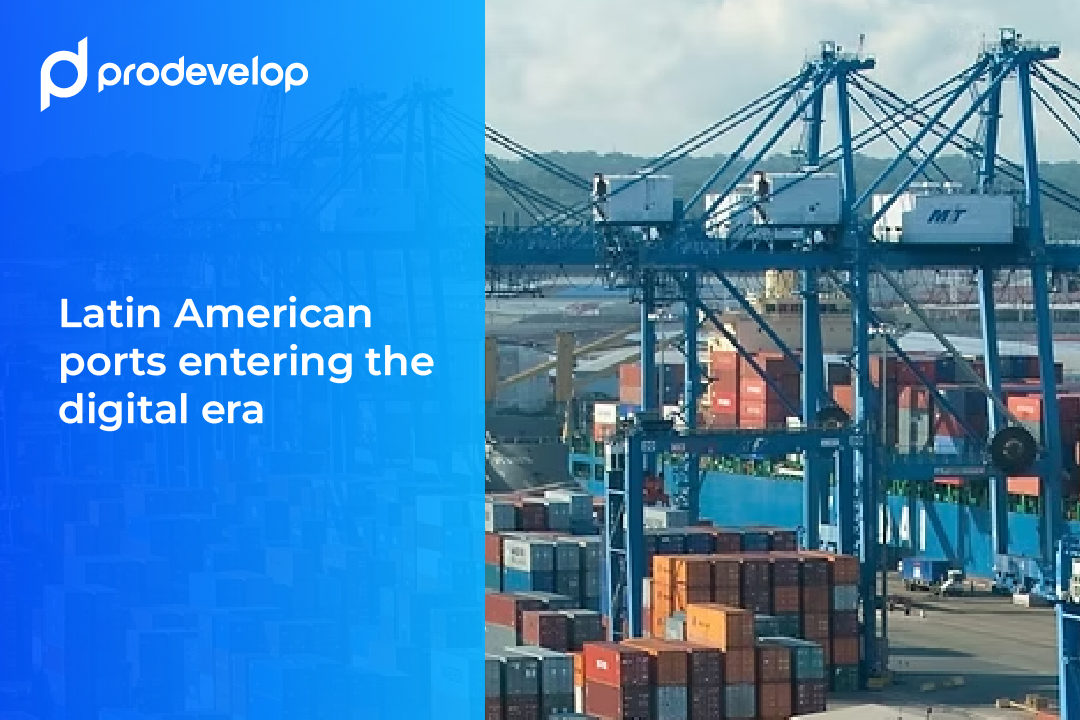Port digitalization in Latin America has become a strategic axis to increase competitiveness, improve efficiency, and advance sustainability in the maritime-port sector. This was one of the main conclusions of the Latin America Port Forum, held on September 3–4, 2025, where port authorities, terminal operators, infrastructure developers, investors, and technology companies discussed the future of the region’s ports.
A context of expansion and change
Latin American ports are undergoing an expansion process with new infrastructure projects designed to increase capacity and respond to the global reorganization of maritime trade. In this environment, digitalization is not an option but a necessity: it enables handling larger cargo volumes, optimizing operations, and improving traceability of information throughout the logistics chain.
The consolidation of the shipping industry and increasing demands in terms of sustainability make it essential for ports to adopt advanced technological solutions capable of responding quickly to current challenges.
The role of port digitalization in Latin America
Port digitalization in Latin America focuses on several key areas:
- Terminal operations management: integration with TOS systems to improve berth planning and efficiency in container movements.
- Interoperability and communication: platforms such as Port Community Systems (PCS) facilitate the exchange of information between shipping lines, ship agents, authorities, and operators.
- Sustainability and environment: monitoring of emissions and energy consumption, with the aim of reducing the carbon footprint in ports.
- Cybersecurity and data protection: essential in a digitalized and global environment.
Case studies and opportunities in the region
During the Latin America Port Forum, it was highlighted that countries such as Mexico, Chile, Colombia, and Peru are already advancing in smart port projects. These initiatives include the implementation of Maritime Single Windows (MSW) and the modernization of terminals with Terminal 4.0 solutions.
The region offers significant potential for technology companies and consultancies to support authorities and operators in this modernization process. The key lies in balancing investment in physical infrastructure with the adoption of digital solutions that ensure efficiency and sustainability.
Impact on competitiveness
Port digitalization in Latin America has not only an operational impact but also a strategic one. A more digital port can:
- Reduce port call times and optimize resources.
- Improve competitiveness against global hubs.
- Attract new shipping routes thanks to efficiency and reliability.
- Facilitate the transition toward green and sustainable ports.
In a constantly changing market, ports that invest in digital transformation will be better positioned to attract investment and adapt to shifts in international trade.
The future of port digitalization in the region
The Latin America Port Forum made it clear that collaboration between the public and private sectors will be essential to accelerate digital transformation. In addition, international associations and regional cooperation will play a key role in standardizing processes and adopting best practices.
The coming decade will be decisive: Latin American ports that invest in port digitalization will be in a position to lead regional competitiveness and become benchmarks for innovation and sustainability.




